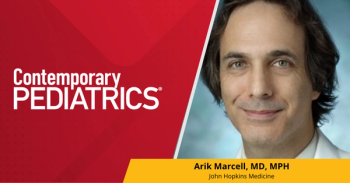
ACOG: Embryo Screening Raises Bioethical Concerns
Advances in the field of reproductive technology offer couples wishing to conceive unprecedented choices, such as the ability to avoid inherited disease in their offspring, but also create new ethical dilemmas, according to a speech delivered during the opening session of the 56th Annual Clinical Meeting of the American College of Obstetricians and Gynecologists held this week in New Orleans.
WEDNESDAY, May 7 (HealthDay News) -- Advances in the field of reproductive technology offer couples wishing to conceive unprecedented choices, such as the ability to avoid inherited disease in their offspring, but also create new ethical dilemmas, according to a speech delivered during the opening session of the 56th Annual Clinical Meeting of the American College of Obstetricians and Gynecologists held this week in New Orleans.
Mark Hughes, M.D., Ph.D., director of Genesis Genetics Institute in Detroit, discussed the medical and bioethical implications of recent developments in reproductive technology.
Preimplantation genetic diagnosis, a technology used along with in vitro fertilization, involves testing embryos for specific genetic mutations or chromosomal rearrangements prior to implantation. While it is most commonly used in families struggling with infertility or in those at known risk of transmitting a genetic disease to their offspring, such as cystic fibrosis or muscular dystrophy, some fear that the technology could be used to select characteristics related to less serious diseases, or to matters of preference, such as gender.
"Just because we technically can do something, doesn't mean we should," commented Hughes. "Through the ages, technology has been the fuel that drives the engine of science, and science is the vehicle that propels the progress of medicine, and medicine routinely drives us into bioethical corners."
Copyright © 2008
Newsletter
Access practical, evidence-based guidance to support better care for our youngest patients. Join our email list for the latest clinical updates.








